October Ignites Auto Market Frenzy! BYD and Geely Lock Horns—Is the 'Matthew Effect' Amplifying?
![]() 11/04 2025
11/04 2025
![]() 456
456
As November dawned, China's mainstream automakers unveiled their October sales figures, painting a vivid picture of a thriving market. Dubbed the "Golden October," this peak season witnessed 14 out of 18 major automakers achieving both year-on-year and month-on-month growth. SAIC Motor led the charge with a staggering 454,000 units sold in a single month, followed closely by BYD with 441,700 units, marking a new annual sales record.
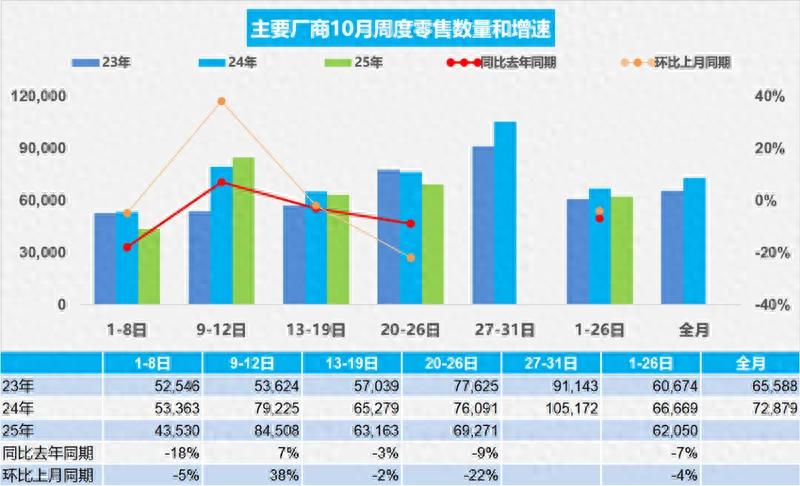
The "Golden October" finale was marked by four dominant trends: sustained growth in new energy vehicle (NEV) penetration, record-breaking overseas exports, breakthroughs in brand premiumization, and a market landscape where "the strong get stronger."
Leading Automakers: Steady Growth with BYD and Geely Shining Bright
The auto market reached its sales zenith in the latter half of the year, with October standing out. SAIC Motor topped the charts with 454,000 units sold, a 12.96% year-on-year increase. Its NEV sales soared to 207,000 units, setting a new historical high after September.
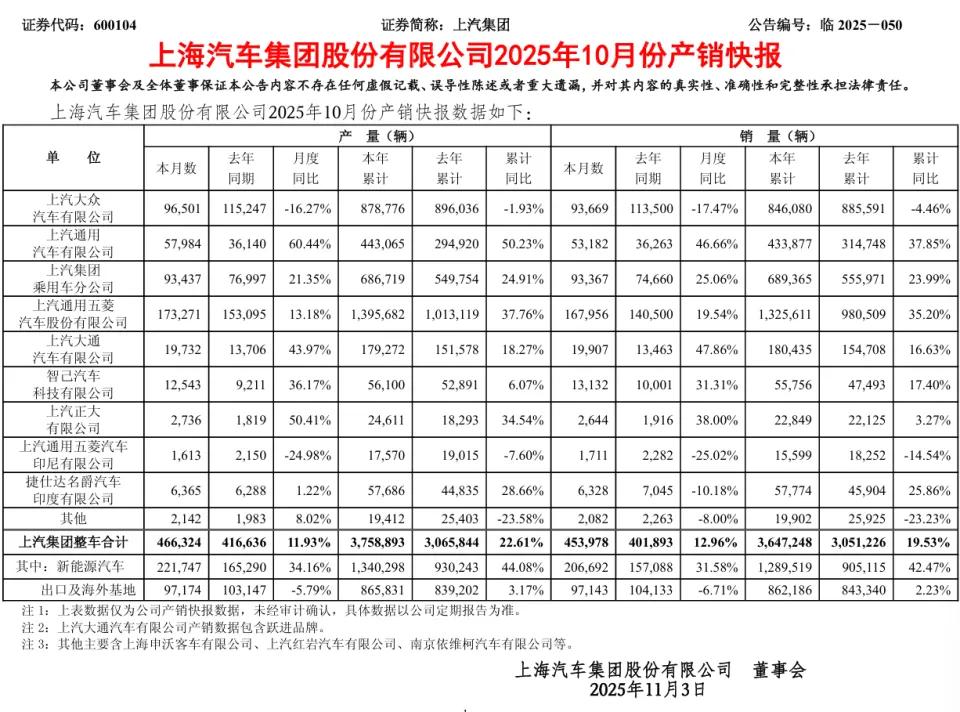
BYD delivered 441,700 units in October, hitting a new annual high. Its Dynasty and Ocean series contributed a solid 395,000 units, while its three premium brands—Fangchengbao, Denza, and Yangwang—delivered a combined 41,800 units.
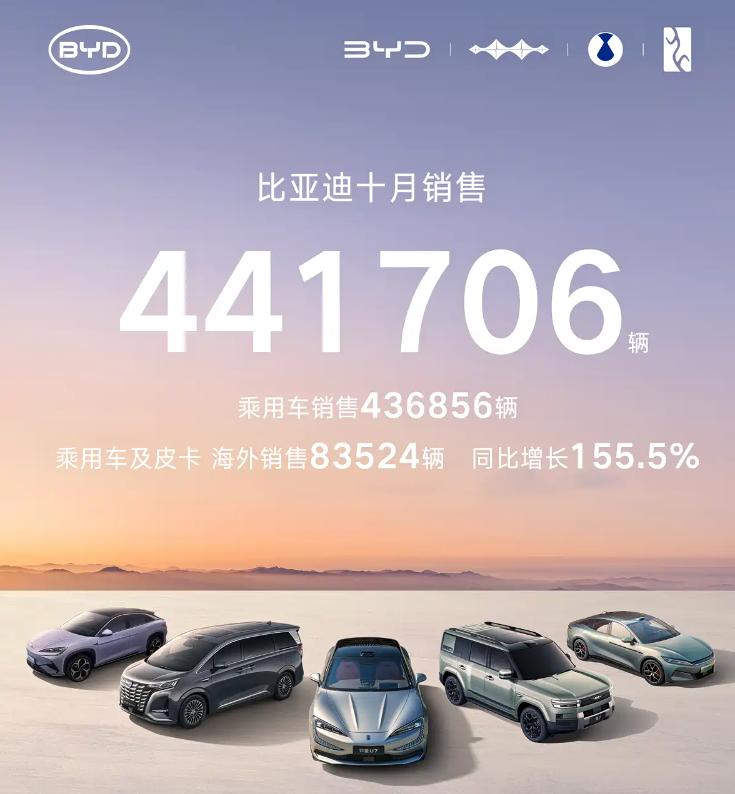
Geely Auto performed exceptionally well, with October sales exceeding 300,000 units for the first time, reaching 307,133 units, a 35% year-on-year increase. It has achieved year-on-year and month-on-month growth for eight consecutive months.
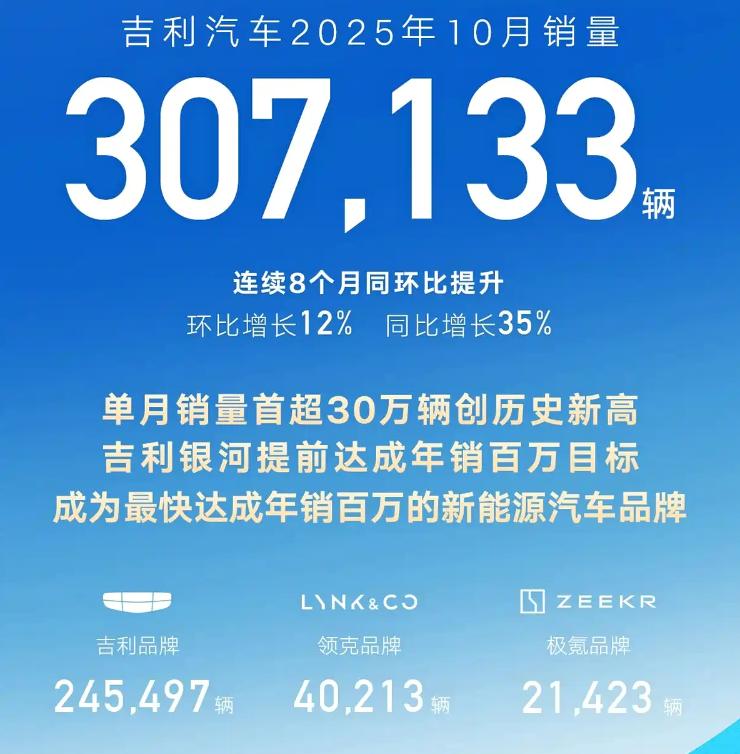
Chery Group sold 281,200 vehicles, including 110,300 NEVs, a 54.7% year-on-year surge, marking the first time its single-month NEV sales exceeded 110,000 units.
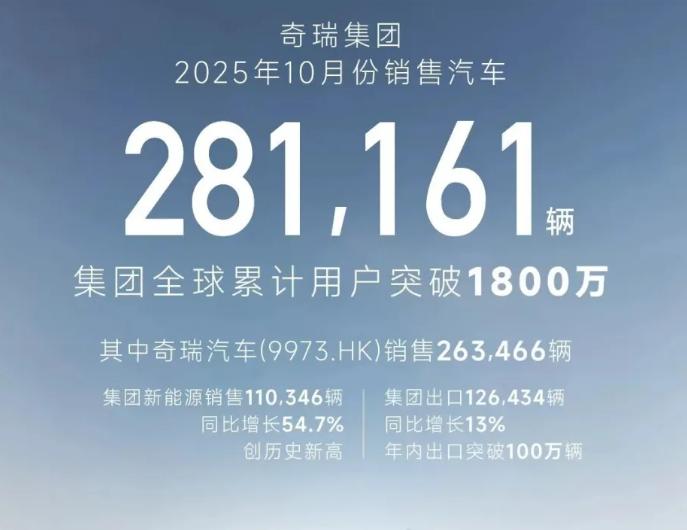
Traditional automakers like FAW Group, Changan Auto, and Great Wall Motor also maintained growth. Great Wall Motor sold 143,000 new vehicles in October, its best October performance ever.
New Forces Break Through: Leapmotor Surpasses 70,000 Units
The "new forces" camp (new energy vehicle startups) witnessed significant reshuffling in October. Leapmotor delivered 70,289 units across its lineup, surpassing 70,000 units for the first time, an 84% year-on-year increase.
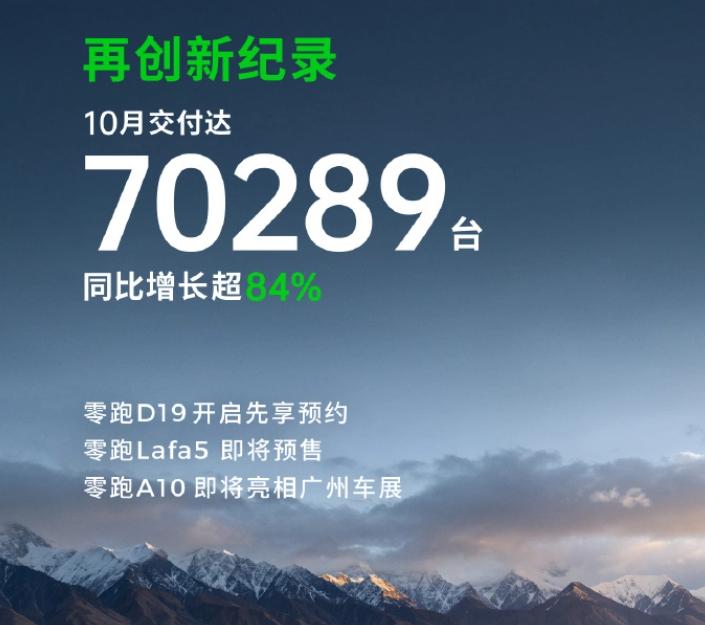
Leapmotor has held the top sales spot among new forces for eight months. Its collaboration with Stellantis has entered a substantive phase, with direct channel expansion in Europe, marking a new phase of scaling "earning euros."

HiPhi delivered 68,216 units in October, a new single-month high, with cumulative deliveries exceeding 1 million units, setting a record for the fastest new force brand to reach this milestone. Notably, its average transaction price reached 390,000 yuan, surpassing traditional luxury brands like BMW, Mercedes-Benz, and Audi.
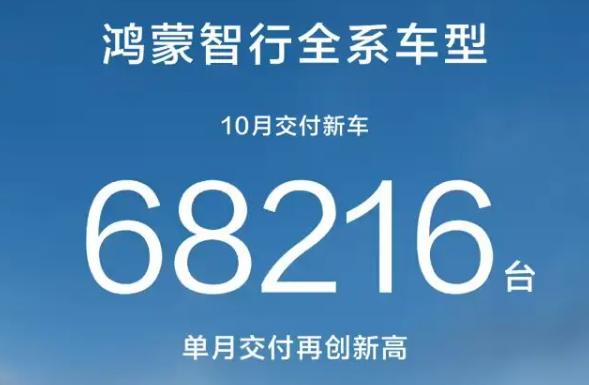
NIO delivered 40,397 units in October, a 92.6% year-on-year increase, surpassing 40,000 units for the first time. Its multi-brand strategy showed initial success, with the NIO brand delivering 17,143 units, the Onvo brand 17,342 units, and the Firefly brand 5,912 units.
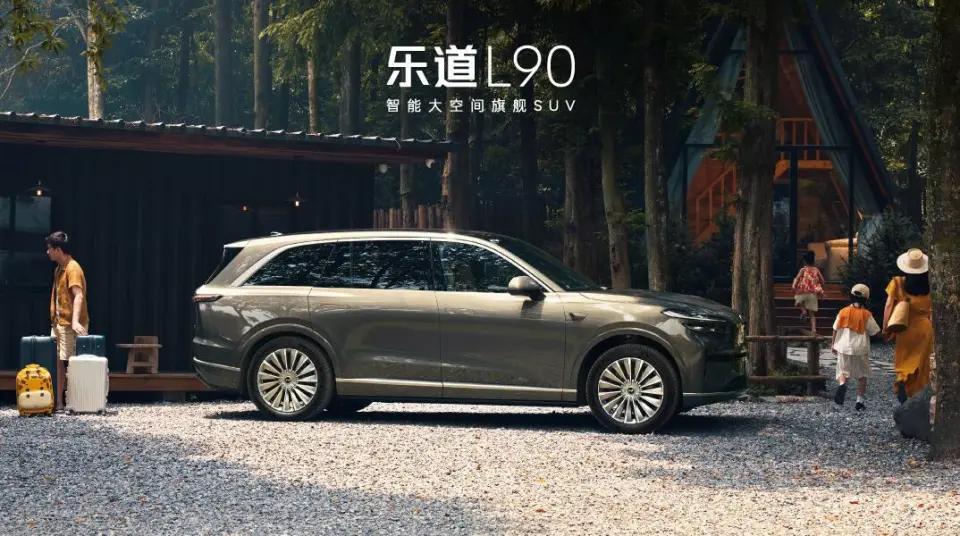
XPeng delivered 42,013 units in October, exceeding 40,000 units for two consecutive months. Key contributors included models like the MONA M03, XPeng P7/P7+, and the XPeng SUV family (G6/G7/G9). Notably, the XPeng X9 extended-range version is set to launch, marking XPeng's first extended-range model.
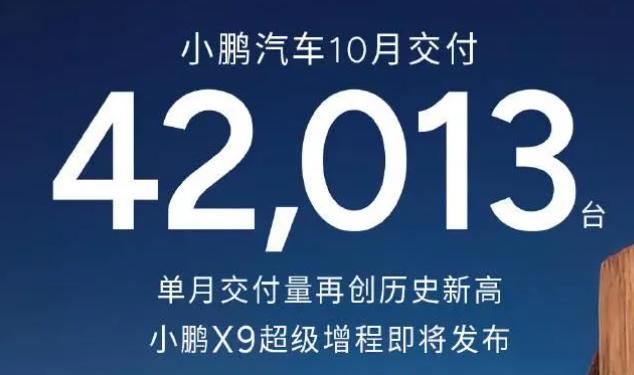
Li Auto was among the few underperformers, delivering 31,767 units in October, a 6.4% month-on-month decrease and a 38% year-on-year decrease due to a high base effect from last year.
Shifting Brand Landscape: The 'Matthew Effect' Intensifies
October sales data reveals a growing "Matthew Effect" in the auto industry. Leading brands have generally achieved over 75% of their annual sales targets in the first ten months, with some exceeding 85%. According to the Brand Influence Index, domestic brands now occupy seven of the top ten influential spots, showing strong upward momentum.
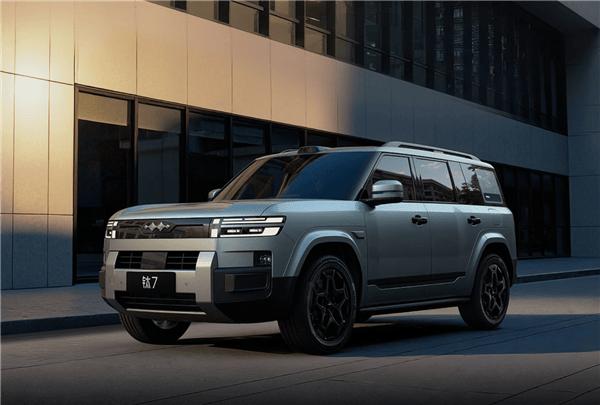
BYD retained the top spot with 784.54 points, driven not only by its overwhelming sales volume of 846,700 units but also by its exceptional user reputation, with 98.82% positive sentiment. AITO (Seres) debuted on the list at fifth place with 767.19 points, boasting 1.87 million online mentions and explosive month-on-month growth.
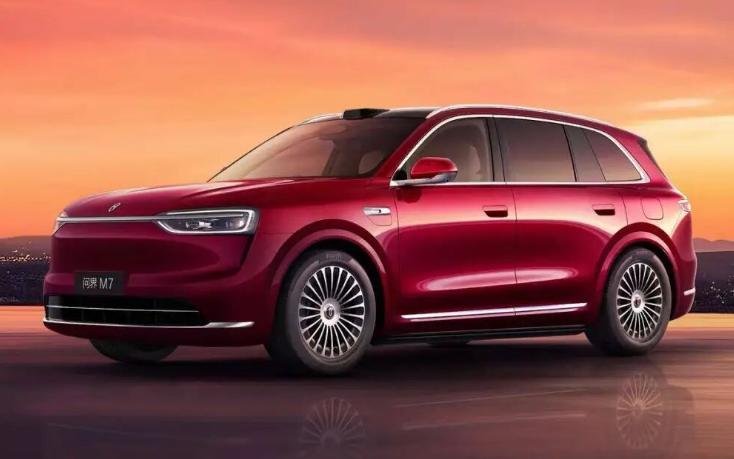
In contrast, traditional joint-venture brands, while maintaining sales volume, face higher complaint rates relative to their scale and show signs of fatigue in key areas like online sentiment and user satisfaction.
Future Trends: Intelligence, Multi-Energy Routes, and Cost Efficiency
Looking ahead, the NEV market presents four key trends. First, intelligence is shifting from a "future promise" to a standard feature. Second, pragmatism is replacing technological "sectarianism" in route selection. Third, overseas expansion has shifted from an "option" to a "necessity." Finally, cost control has become critical for survival.
With sustained technological innovation and a diversifying product lineup, China's auto industry is accelerating its transition from "scale expansion" to "quality enhancement," further strengthening its global competitiveness. What are your thoughts on the domestic auto market's development? Share your views in the comments below!








